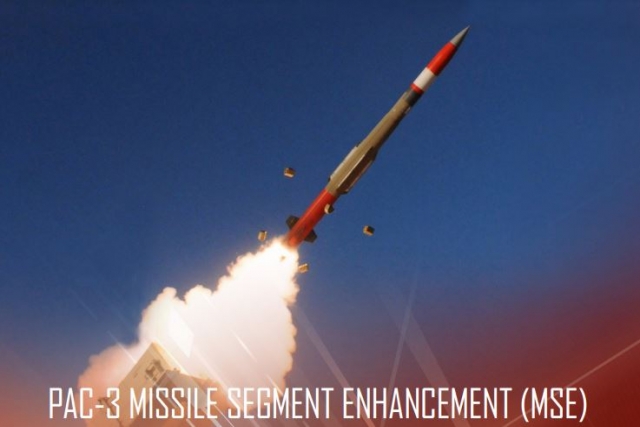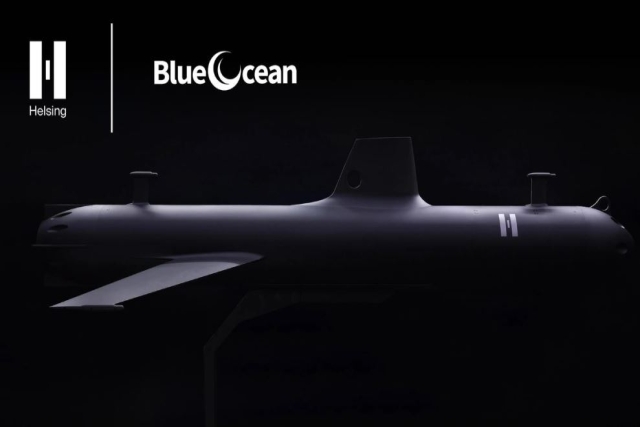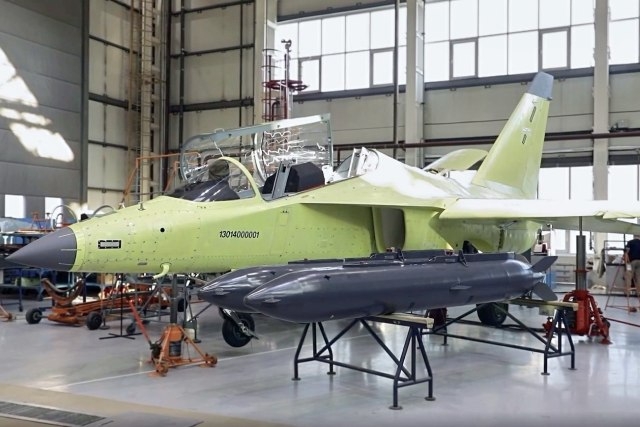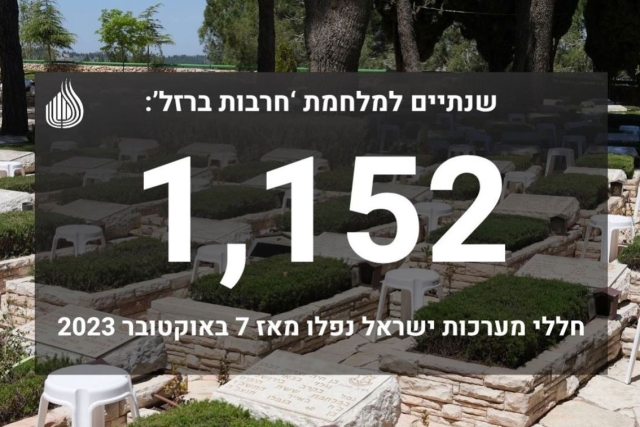Poland Signs $2.53B Agreement for IBCS Air Defense System Integration
Poland’s Narew and Wisla air defense systems will managed by the IBCS system
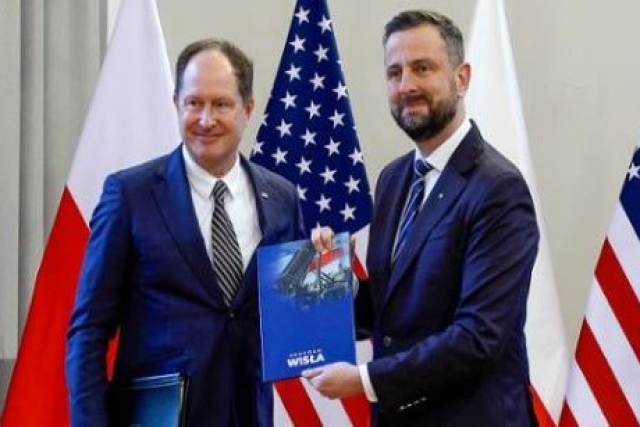
Poland has recently signed an agreement worth $2.53 billion for the Integrated Battle Command System (IBCS), a key component of the Integrated Air Missile Defence (IAMD) network.
The agreement was signed on February 29 in Warsaw by Minister of National Defense W. Kosiniak-Kamysz, U.S. ambassador to Poland Mark Brzezinski, and Paweł Bejda, Secretary of State at the Ministry of National Defense. It involves the procurement of 29 batteries, launchers, fire control systems, and various support and communication equipment. Developed by Northrop Grumman, the IBCS system is part of a broader effort to enhance Poland's air defence capabilities.
“We are signing an agreement in the second phase of the Wisła program for an integrated anti-aircraft and anti-missile defense command system,” said Deputy Prime Minister W. Kosiniak-Kamysz.
The procurement also includes the integration of Polish radars, a passive Identification Friend or Foe (IFF) system, cryptography hardware, and the expansion of laboratory infrastructure. The IBCS system aims to integrate the NAREW and WISŁA systems, providing a net-centric approach to air warfare and promoting collaboration between the two systems. This approach, known as "Every sensor-every shooter," is expected to enhance flexibility and reduce dependence on individual radar systems.
While the IBCS system represents a fraction of the total cost of the IAMD system, Poland's financial contributions include the development of command centers, communication nodes, radars, and vehicles by the domestic industry. The objective is to replace key equipment and establish local manufacturing capacity for modern Short-Range Air Defense (SHORAD) Surface-to-Air Missiles (SAMs).
The IBCS system is anticipated to evolve further, with plans to incorporate new sensors and achieve interoperability with F-35A fighters. The F-35A's role as an airborne radar for IBCS is expected to extend the detection range for low-flying threats. Deployment on the U.S. Guam Island and collaboration with the U.S. Navy's AEGIS systems are also part of the system's future plans.
However, Poland faces challenges in the commissioning and further development of the IBCS system, particularly in organizational, training, and cybersecurity aspects. Successful implementation could lead to enhanced air defence capabilities for Poland by around 2030. Future developments include the addition of new Narew system batteries, collaboration with British partners on the Future Common Missile effector, and addressing air defence against enemy UAV platforms through the ongoing Pilica+ program.
